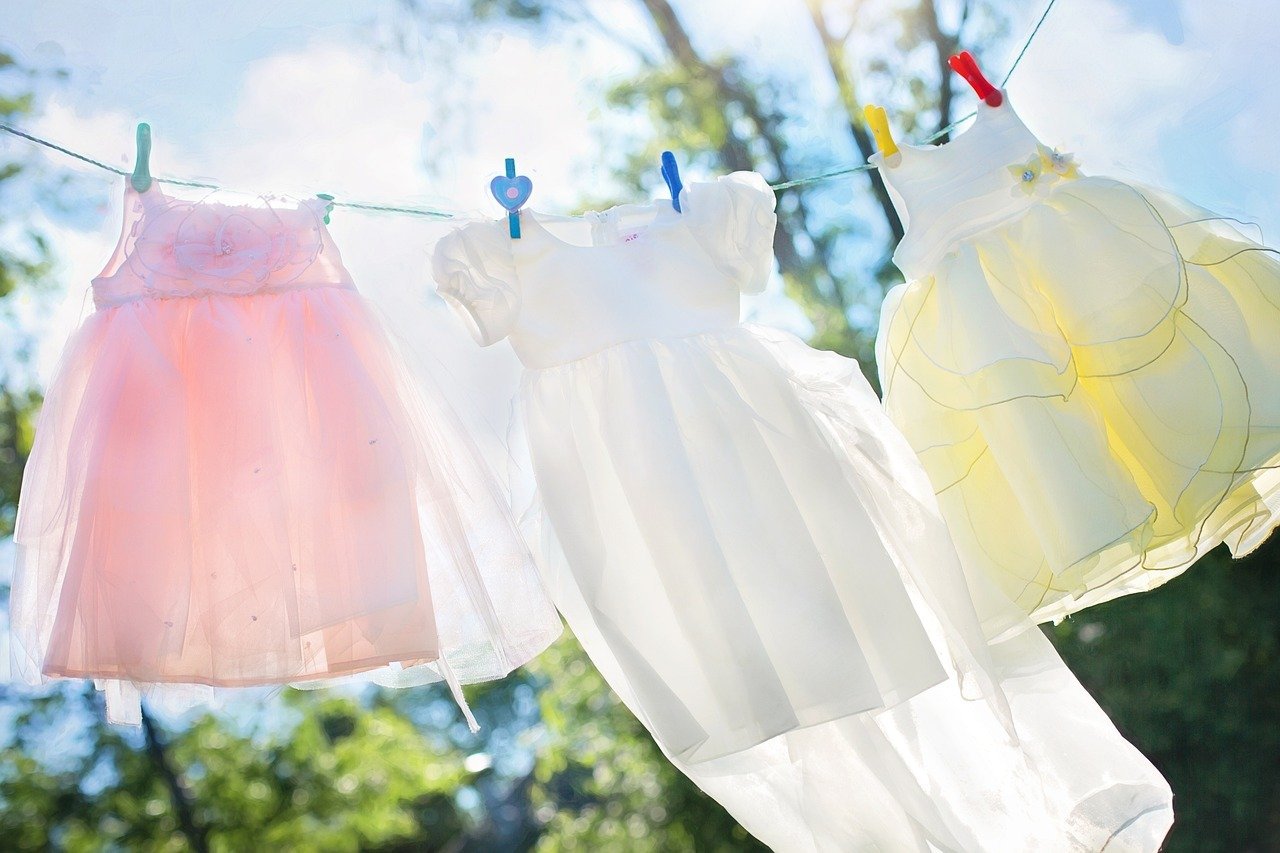Is It Really Necessary to Use a Fabric Softener?

Fabric softeners are frequently celebrated as the magic elixir that makes our clothes soft, static-free, and smelling fresh out of the laundry. But have we ever paused to consider if it’s really necessary to use a fabric softener? Or pondered over the environmental impacts of this laundry staple?
In this article, we delve into the necessity, implications, and alternatives of fabric softeners, exploring each facet with an eye toward informed, sustainable choices.
What is the point of fabric softener?
Fabric softeners have long been a part of laundry routines across the world. The primary objective of these products is to lend clothes a softer feel, and a fresh fragrance, and to reduce the nuisance of static cling. They work by coating the fabric fibers with a thin layer of lubricating chemicals. This allows clothes to slide past each other with less friction during the wash and dry cycles, reducing wear and tear on the fibers and rendering the clothes more comfortable to wear.
While the benefits might seem appealing, it is important to question whether the use of fabric softeners has a significant impact on the quality and lifespan of our clothes or whether it simply adds a momentary, aesthetic appeal.
Is it necessary to use fabric softener? Do clothes really need it?
Do clothes truly need fabric softener to be clean and comfortable? The answer is more about personal preference than absolute necessity. While some people might prefer the extra softness and the lingering fresh scent, it’s not functionally necessary for cleaning clothes.
Moreover, some fabrics may actually be adversely affected by fabric softeners. For example, activewear and microfiber materials can have their moisture-wicking capabilities compromised because the softening chemicals coat and clog the fabric’s pores. This could lead to less effective workout gear, contrary to what the wearer might want.
Is it OK if I don’t use fabric softener?
Eliminating fabric softeners from your laundry routine won’t cause any harm. In fact, it could be beneficial in some instances.
The residue left by softeners can trap detergent and bacteria, potentially leading to scratchy clothes and even persistent odors.
Certain materials like towels and microfiber cleaning cloths can lose their absorbency due to the coating effect of fabric softeners. In these cases, skipping the softener could actually enhance the functional performance of these materials.
Is using a fabric softener eco-friendly?
Fabric softeners might be a boon for our senses, but are they good for our planet? Many commercial softeners are far from eco-friendly, containing harmful ingredients such as petroleum products and synthetic fragrances.
When these substances are washed away, they can end up in our water systems, posing a risk to aquatic life and contributing to pollution.
It’s important to remember that not all fabric softeners are created equal, and there are products that prioritize eco-friendly, plant-derived ingredients. Consumers should be mindful of this when making their choice.
How can I make my clothes smell good without fabric softener?
The question of how to keep your clothes smelling irresistibly fresh without the use of fabric softeners is a common one, especially for those who are conscious of the potential environmental impact of these products or their effect on sensitive skin. There is good news, however, in the fact that several natural alternatives exist which can effectively replace fabric softeners.
One of the most straightforward and essential steps is regular washing. Regularly laundered clothes are less likely to harbor bacteria that can cause bad odors, helping your clothes maintain a fresh and clean scent.
Moreover, incorporating simple household items such as vinegar and baking soda into your laundry routine can work wonders. Using vinegar in your wash not only serves as a natural fabric softener but also assists in eliminating a broad range of odors thanks to its acidic properties.
Baking soda, on the other hand, is a well-known odor neutralizer. When added to the wash, it can help to combat the unpleasant scents that may cling to your clothes. Furthermore, proper drying is another crucial factor in keeping your clothes fresh and soft. Ensuring your clothes are thoroughly dried before putting them away can help to prevent musty odors from developing.
When used in combination, these everyday ingredients can be an incredibly effective and eco-friendly solution. They can compete with, if not surpass, the efficacy of commercial fabric softeners. By adopting these practices, you can make sure that your laundry is not only fresh and soft but also kinder to the environment and potentially better for the health and longevity of your clothes.
Are there more sustainable alternatives that you can use instead of fabric softeners?
There are numerous eco-friendly alternatives to fabric softeners such as wool dryer balls, which can naturally soften fabric and reduce drying time, and vinegar, which breaks down detergent residues and softens fabrics. Making your own softener is another viable alternative. A simple DIY recipe involves mixing one-part baking soda, two parts vinegar, and a few drops of essential oils for a pleasant fragrance. Store this mixture in a reusable container and use it just like a commercial softener.
Additionally, there are eco-friendly brands that have taken it upon themselves to produce softeners using plant-based ingredients instead of harsh chemicals. Choosing these options can go a long way in reducing your ecological footprint.
In conclusion, softeners, while adding a touch of softness and fragrance to our clothes, are not a laundry necessity. Given their potential environmental impact and possible detrimental effects on certain types of fabrics, they warrant careful consideration.
The decision to use a fabric softener should be informed by an understanding of the fabric types you frequently launder, your personal preferences, and the impact of your choices on the environment.
It’s worth exploring eco-friendly and fabric-friendly alternatives that can provide comparable benefits without the downsides. Remember, laundry is not just about keeping clothes clean; it’s also an opportunity to contribute to a more sustainable future, one load at a time.
